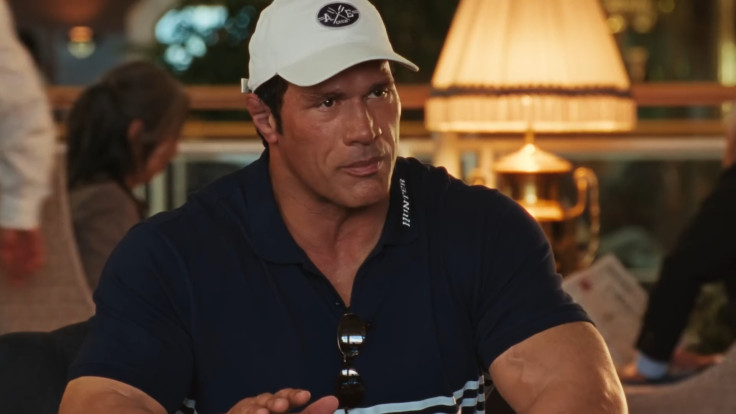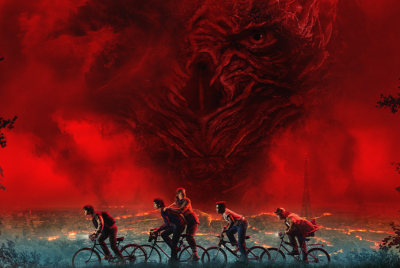Flopped? Dwayne Johnson Defends 'The Smashing Machine' After Shockingly Weak Debut
Despite festival plaudits and a Silver Lion for Benny Safdie, the A24 drama opened to modest earnings

Dwayne Johnson has publicly defended his gritty, awards-season gamble The Smashing Machine after it opened to markedly weak box-office returns.
The film, directed by Benny Safdie and released on 3 October 2025, premiered to strong festival acclaim but floundered commercially in its first weekend. Johnson has taken to his own channels to stress that box-office receipts do not measure the personal or artistic value of the project, citing his emotional investment and the transformative process that he says changed him.
Behind that defence lie stark numbers and a wider debate about how prestige drama finds its audience in an event-driven market.
Box Office Reality: A Sobering Debut
The Smashing Machine opened in 3,345 theatres and grossed roughly £4.45million ($6million) in its first weekend, placing it a distant third in the box-office rankings for that weekend.
Industry trackers and analysts have already flagged the figure as the smallest opening weekend of Johnson's long career as a bankable star — an outcome that has prompted fresh discussion about distribution strategy, audience appetite, and the timing of the release.
Johnson responded publicly with a concise message on his social channels, writing that 'you can't control box office results' and thanking audiences for seeing the film.
On 2 October 2025, in a televised interview for Good Morning America, he expanded on that point, describing the role as 'life-changing' and detailing the physical and prosthetic work, more than 20 pieces and a substantial bulk transformation, that he underwent to inhabit Mark Kerr.
Johnson has also repeatedly thanked Benny Safdie for pushing him beyond his established persona, crediting the director with encouraging what both men have called a practice of 'radical empathy' — an insistence on rendering Kerr's vulnerabilities rather than merely his athletic bravado.
Festival Praise Versus Commercial Appetite
The contrast between the film's festival reception and its opening weekend could not be starker. At the 82nd Venice International Film Festival, Benny Safdie won the Silver Lion for Best Director and the film received a standing ovation, markers that, for critics and many filmmakers, signal serious awards potential.
Safdie's approach, shot on grainier formats, casting real fighters in supporting roles and foregrounding domestic deterioration over ring triumph, has been widely applauded in critic circles for its intimacy and formal daring.

Yet that same stripped-back approach, and the film's R-rating and intense subject matter, may have narrowed its commercial footprint compared with Johnson's usual tentpole fare.
What Went Wrong — And What Still Matters
Several immediate factors explain the shortfall. The weekend's market was dominated by event cinema and other high-profile releases, crowding out a mid-range prestige drama. Analysts cited a digitally focused promotional push that may have failed to reach older viewers or those outside the awards-season bubble.

A24's distribution is frequently smart at building critical momentum, but translating that into mass audiences for a film this bleak is an inherently difficult task.
Yet box-office numbers are only one metric. For Johnson and the film's creative team, the primary achievement has been an artistic recalibration: a mainstream star willingly surrendering his screen persona to a quiet, hazardous character study.
That gamble has already borne professional and festival rewards — and, Johnson argues, personal growth.
Dwayne Johnson's message to critics and fans was simple: you can measure receipts, but you cannot measure the work that changed him.
© Copyright IBTimes 2025. All rights reserved.





















